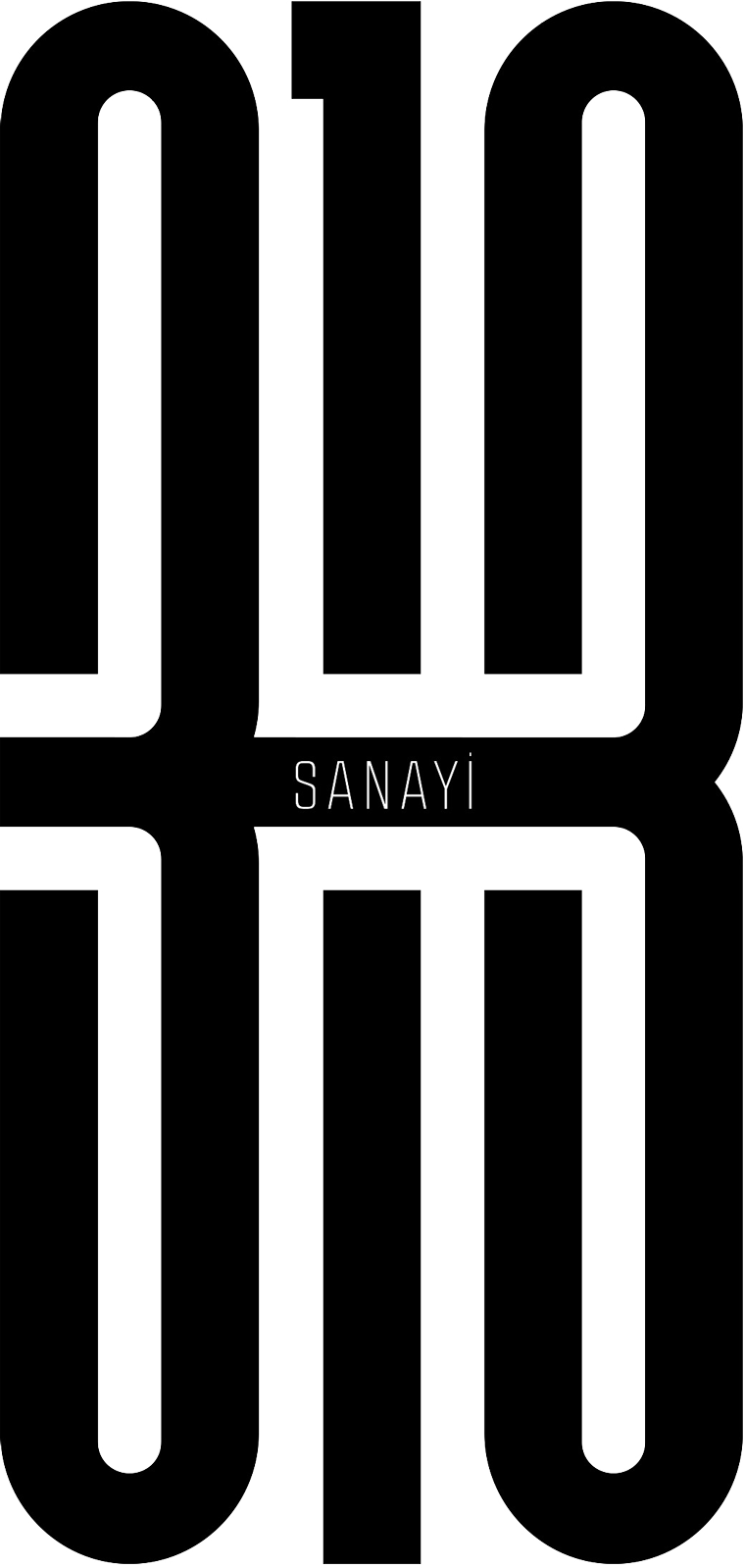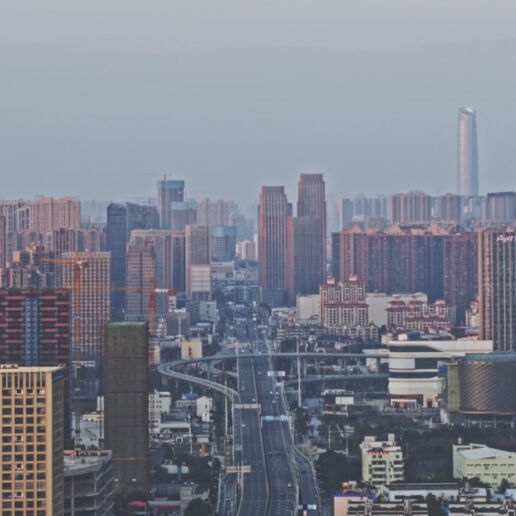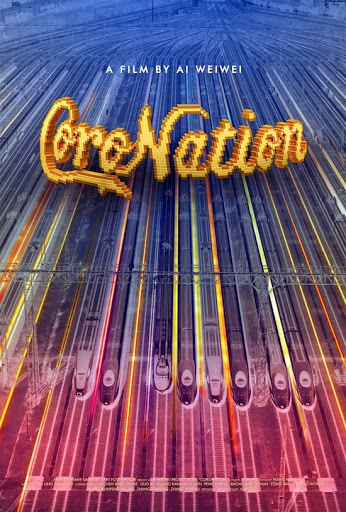Coronation by Ai Weiwei
This is the unforgettable story in a nutshell: The first patient with symptoms of Covid-19 was diagnosed in Wuhan on December 1st, 2019. Back then, Chinese authorities insisted that it was impossible for the virus to be transmitted between people. In fact, sanctions were imposed on the medical staff who disclosed the data. Wuhan was put under quarantine on January 23rd, 2020.
Since then, we have all become awfully acquainted with how the bleak story continued. You could say that Coronation is a very long video recording since the early days of the pandemic, or the visual memory of the pandemic. The artist gives an account of how the Wuhan quarantine was experienced from the beginning to the end and a personal perspective of how the city’s residents lived through it. In exile in Europe, Ai Weiwei has remotely directed and produced the documentary.
What occurs behind the scenes is scary and surprising. Waving analysis reports in her hand, an intensive care nurse dramatically summarises the situation with these words, “Even these contaminated papers cannot leave this place, so we take pictures”. A doctor’s ordeal while removing the protective suit when leaving the unit is even more dramatic. Because of contamination containment measures, the process takes minutes in slow movements, in the company of strict instructions from the intercom. Before the doctor leaves, a reminder is heard from the speaker: “Doctor Cui, wash your hands.” But the directives continue: “Open the door with bare hands when proceeding from the first changing room to the second. Use a handkerchief as you proceed from the second to the third.” The entire process is closely monitored from a control centre. Viewers will have a mixture of feelings throughout the documentary watching the selflessness of nurses and doctors as well as the things they live and convey. However, keep in mind that parts of the documentary can be disturbing for some viewers because it candidly shows what took place in hospitals and the extent of the disease in its ordinary reality.
Besides the chaos in hospitals, we also witness the lives of city residents under lockdown. A couple trying to get back to their home in Wuhan, a courier trying to deliver his orders as fast as possible, anxious families waiting for news from the hospital… Interviews help provide a clearer picture on the effects of the pandemic and quarantine on people who were yet unaware of the significance of what was happening. Listening people’s thoughts on an event that they knew little about or never experienced, also provides a social analysis with a focus on Wuhan. The most striking part is the portrayal of an extremely universal issue that poses the question “What is real news?” based on two citizens’ criticism of their own media and government. We will stop with the spoilers for those who intend to watch the documentary.
From the lens of the pandemic, Coronation provides a clear picture of the ideological oppression methods China employs in its management of the crisis, and the lengths it goes to silence every opposing voice from the population. It vividly demonstrates how the significance of the individual can alter in the political environment. For example, how a resident of Wuhan believes that the government is keeping him in hospital to reduce mortality figures despite having recovered… In the case of China, we see a society devoid of trust and transparency. Ultimately, the documentary poses fundamental questions like, “Can civilisation survive in the absence of humanity?”, “Can nations trust each other without a sense of trust and transparency?” Coronation makes an impact with these questions rather than their answers.
The documentary is on Vimeo with a choice of renting or buying.



